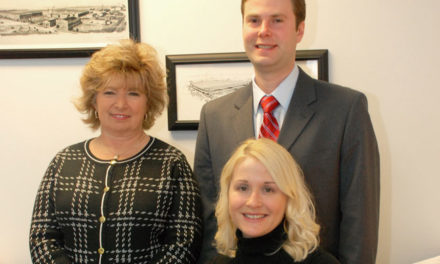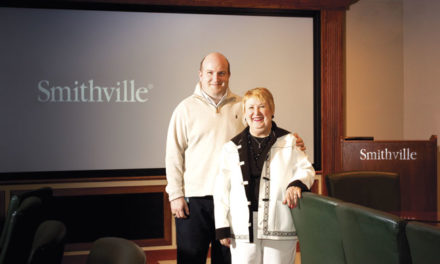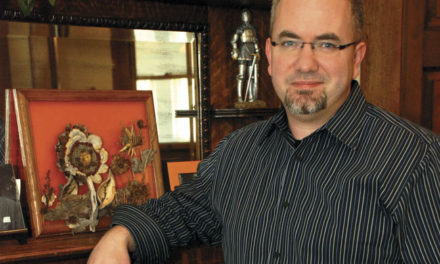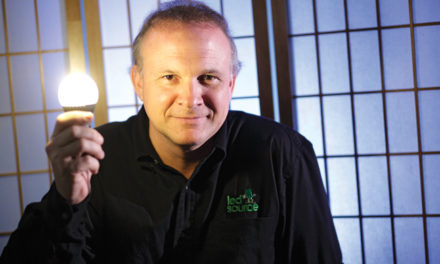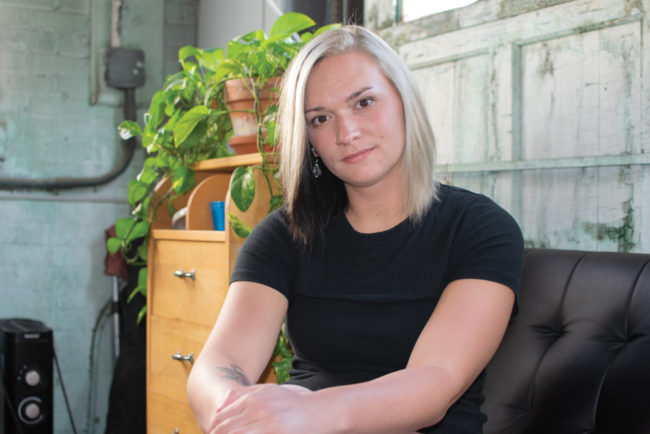
by GREG SIERING
Starting a business can be a challenging endeavor for anyone, but for formerly incarcerated individuals, it can be an even steeper climb. Thanks to the ReBoot program at The Mill, Bloomington’s center for coworking and entrepreneurship, prospective entrepreneurs working to transition back into the community are getting support to build both life skills and their business.
ReBoot is a six-week educational program that helps formerly incarcerated entrepreneurs refine their business ideas and learn how to pitch their plans to potential investors. The first ReBoot class culminated in April with an online pitch competition, with the winner receiving $2,500 in seed money, and all participants receiving memberships at The Mill, where they can attend other business development programming and connect to a network of mentors and potential investors.
ReBoot is a perfect fit for The Mill, says Andy Lehman, head of accelerator programming, because it allows the center to become more inclusive and supportive of entrepreneurship across the community. Lehman says, “I’d really like to expand our work out to more underserved populations, being more intentional about opening the door wider.”
ReBoot is a partnership with New Leaf – New Life, which supports incarcerated individuals making the transition back into the community, and Courage to Change Sober Living, which offers low-barrier housing and services to individuals in recovery. These groups helped with outreach to the re-entry community and with the selection of participants. Lehman notes that selecting the right participants is key—individuals ready for growth, but with enough job and housing stability that the pressures of entrepreneurship would help lift them up, not cause a backslide.
The first ReBoot pitch competition winner, Danielle Morris, 27, demonstrated remarkable growth, Lehman says.
“ReBoot helped me build so much confidence in myself that I was lacking,” Morris says, pointing out that the program helped her move from self-doubt to believing she had something to offer.
Morris’ fledgling business, Heroine Studios, operates on a buy-one-give-one model, where each photography session purchased by the general public funds another for a woman in recovery. Morris recognizes the roles self-image, confidence, and trust play in recovery, and she offers photo sessions as a way of helping women develop the self-esteem needed to persevere. “And it keeps me well, too,” she adds, explaining that it keeps her connected and helps her see her own value.


